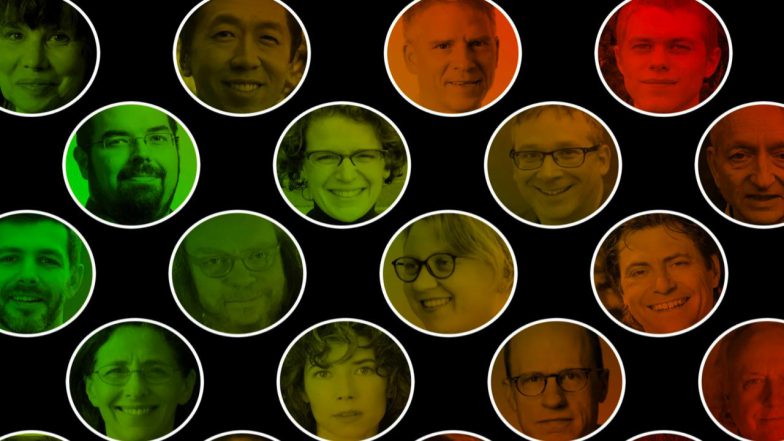Summary
The AI Apocalypse: A Scorecard: How worried are top AI experts about the threat posed by large language models like GPT-4?
What should we make of OpenAI’s GPT-4, anyway? Is the large language model a major step on the way to an artificial general intelligence (AGI)—the insider’s term for an AI system with a flexible human-level intellect? And if we do create an AGI, might it be so different from human intelligence that it doesn’t see the point of keeping Homo sapiens around?
If you query the world’s best minds on basic questions like these, you won’t get anything like a consensus. Consider the question of GPT-4’s implications for the creation of an AGI. Among AI specialists, convictions range from Eliezer Yudkowsky’s view that GPT-4 is a clear sign of the imminence of AGI, to Rodney Brooks’s assertion that we’re absolutely no closer to an AGI than we were 30 years ago.
On the topic of the potential of GPT-4 and its successors to wreak civilizational havoc, there’s similar disunity. One of the earliest doomsayers was Nick Bostrom; long before GPT-4, he argued that once an AGI far exceeds our capabilities, it will likely find ways to escape the digital world and methodically destroy human civilization. On the other end are people like Yann LeCun, who reject such scenarios as sci-fi twaddle.
See link for more information and table of comments.
Source: IEEE Spectrum
OnAir Post: What the experts say
News
Elon University – April 2, 2025
“Imagine digitally connected people’s daily lives in the social, political, and economic landscape of 2035. Will humans’ deepening partnership with and dependence upon AI and related technologies have changed being human for better or worse?
Over the next decade, what is likely to be the impact of AI advances on the experience of being human? How might the expanding interactions between humans and AI affect what many people view today as ‘core human traits and behaviors?’”
This is the second of four pages with responses to the question above. The following sets of experts’ essays are a continuation of Part I of the overall series of insightful responses focused on how “being human” is most likely to change between 2025 and 2035, as individuals who choose to adopt and then adapt to implementing AI tools and systems adjust their patterns of doing, thinking and being. This web page features many sets of essays organized in batches with teaser headlines designed to assist with reading. The content of each essay is unique;, the groupings are not relevant. Some essays are lightly edited for clarity.
About
Compiled. by Eliza Strickland and Glenn Zorpette


